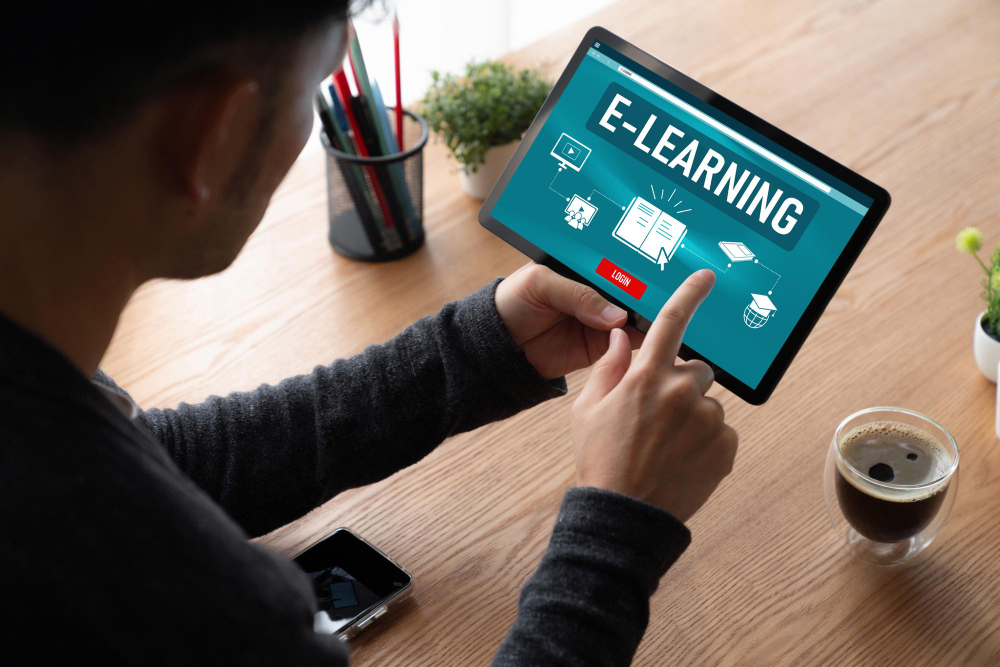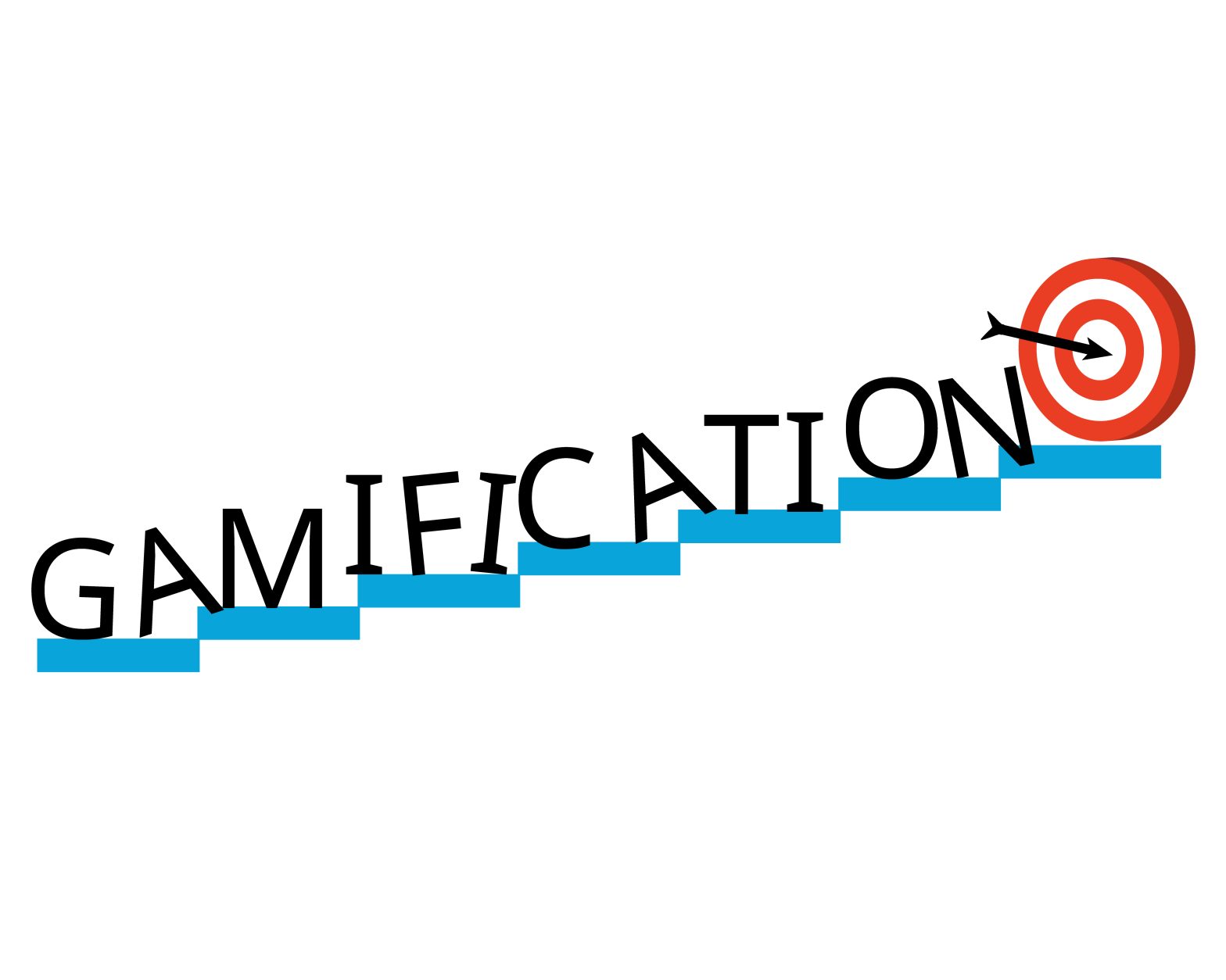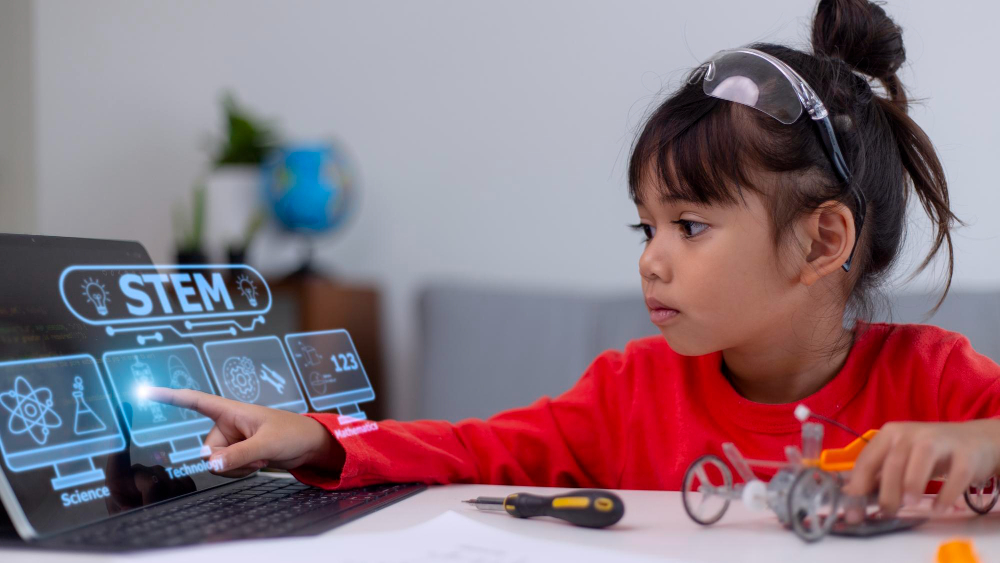
Thursday, 20Nov 2025
Adaptive Learning Technology Transforms Educational Personalisation: Creating Tailored Pathways for Every Student
Beyond One-Size-Fits-All Education Adaptive learning technology transforms…

Monday, 20Oct 2025
Gamification elements transform K-12 learning experiences from passive consumption into active engagement, creating powerful opportunities for deeper understanding and knowledge retention. Research demonstrates that properly implemented gamification increases student participation by up to 60%, improves knowledge retention by 40%, and significantly enhances problem-solving capabilities. These impressive results stem not from superficial “fun” but from fundamental psychological principles that tap into intrinsic motivation and natural learning processes.
The effectiveness of gamification in educational contexts is grounded in solid psychological research:
The brain releases dopamine—a neurotransmitter associated with pleasure and satisfaction—when we accomplish goals or receive rewards. Well-designed gamification:
These mechanisms create powerful motivation loops that sustain engagement far beyond what traditional approaches achieve.
Effective learning occurs in the “sweet spot” between boredom and frustration. Gamification enables:
This balance keeps students in the optimal learning zone—challenged enough to remain engaged but not so challenged that they become discouraged.
While external rewards can jumpstart engagement, the ultimate goal is developing intrinsic motivation. Strategic gamification:
These elements transform “studying because I have to” into “learning because I want to”—a fundamental shift in educational motivation.
Effective gamification creates clear paths for advancement that reflect genuine learning progress:
A school mathematics program implemented this approach and saw homework completion rates increase by 82% while test scores improved by 23%.
Rewards must be meaningful and aligned with learning objectives:
The most effective reward structures balance immediate gratification with long-term goals, creating both quick wins and sustained motivation.
Compelling stories transform abstract learning into meaningful experiences:
A history curriculum that placed students as time travelers investigating historical mysteries saw engagement time increase by 47% and assessment scores improve by 31%.
Learning is inherently social, and effective gamification leverages this reality:
These social elements create accountability, support, and motivation beyond what individual gamification can achieve.
Mathematics often suffers from perceived irrelevance and anxiety. Gamification transforms this experience through:
A gamified algebra program that presented concepts through a space exploration narrative saw completion rates increase by 74% and test scores improve by 27% compared to traditional approaches.
Reading and writing transform from passive assignments to active engagement through:
A school reading program that gamified literature analysis saw voluntary reading time increase by 56% and analytical writing quality improve significantly.
Science education shifts from fact memorization to discovery through:
A gamified biology curriculum that allowed students to build and manage virtual ecosystems saw concept retention increase by 38% after six months compared to traditional instruction.
Historical and civic education transforms from memorizing facts to understanding contexts through:
A school civics program that gamified local government processes saw student engagement increase by 63% and concept application improve by 41%.
The most common gamification failure comes from focusing on superficial elements rather than learning objectives:
Effective implementation always begins with learning objectives and uses gamification to enhance rather than replace substantive content.
Over-reliance on external rewards can actually damage long-term motivation:
Strategic implementation gradually shifts from extrinsic to intrinsic motivators as students develop genuine interest in subject matter.
Students have different motivations, interests, and play preferences:
Effective gamification provides multiple pathways and motivational approaches to accommodate diverse student needs.
Overly complex systems can create cognitive overload:
The most effective implementations start simply and add complexity gradually as students master both content and gamification mechanics.
Effective gamification generates measurable engagement improvements:
These indicators demonstrate that students are not just completing requirements but actively investing in their learning.
Ultimately, gamification must improve actual learning:
Research consistently shows that well-designed gamification improves these outcomes compared to traditional approaches.
Perhaps most importantly, effective gamification changes how students relate to learning:
These motivational shifts create benefits that extend far beyond immediate academic performance.
Successful gamification typically begins with targeted implementation:
This focused approach allows for refinement before broader implementation.
Effective gamification builds on established learning principles:
These connections ensure that game elements enhance rather than distract from learning processes.
Students offer valuable insights for gamification development:
This involvement creates both better systems and stronger buy-in from participants.
Gamification systems should evolve over time:
This evolution keeps systems fresh while accommodating growing student capabilities.
Gamification elements represent not just an engagement trick but a fundamental rethinking of how learning experiences are designed. By leveraging the psychological principles that make games compelling, educators can create learning environments that students approach with enthusiasm rather than reluctance.
The most effective educational programs recognize that engagement is not peripheral to learning—it is essential. By implementing thoughtfully designed gamification, educators can transform student experiences from passive compliance to active participation, building both knowledge and a positive relationship with learning itself.
Learning Owl specializes in creating custom gamified eLearning experiences that engage students and improve learning outcomes. Our team of instructional designers, game mechanics experts, and educational technologists can help you transform your curriculum into dynamic digital experiences that motivate and educate.
Contact Learning Owl today to discover how our gamification expertise can revolutionize your approach to K-12 education and create learning experiences that students genuinely enjoy.

Thursday, 20Nov 2025
Beyond One-Size-Fits-All Education Adaptive learning technology transforms how educational content responds to individual learner needs, creating unprecedented opportunities for personalized mastery across diverse student populations. Traditional educational approaches—standardized content delivery,…
Read More line_end_arrow_notch
Monday, 17Nov 2025
Reimagining Scientific Discovery STEM eLearning innovations transform how students engage with scientific and mathematical concepts, creating unprecedented opportunities for deeper understanding and authentic inquiry. Traditional science and mathematics education—textbook explanations,…
Read More line_end_arrow_notch
Thursday, 13Nov 2025
Beyond Checkbox Compliance Compliance training strategies transform how insurance organizations approach regulatory requirements, converting what many view as burdensome obligations into operational advantages. The insurance industry faces one of the…
Read More line_end_arrow_notch